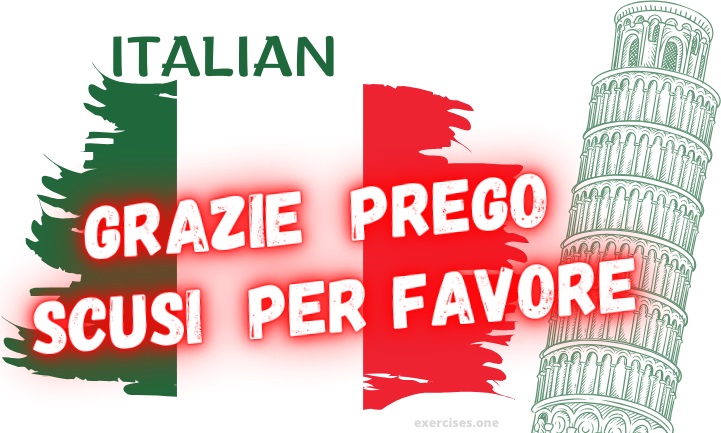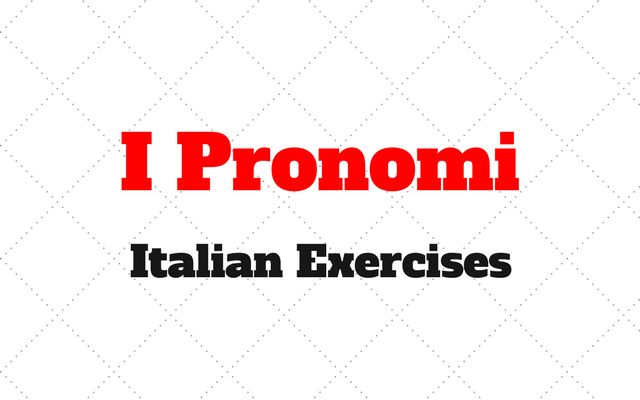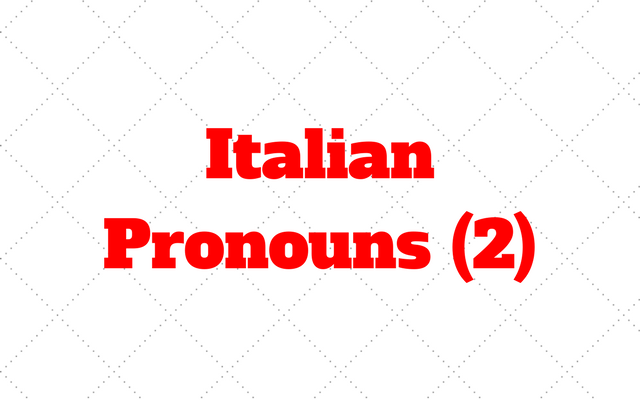
Ciao, studente mio! As we continue to explore the beautiful Italian language, today we’re going to focus on something essential, the art of politeness.
In Italy, courtesy is not just a social nicety; it’s an integral part of the culture. Just like the perfect espresso, politeness can leave a lasting impression.
So, I’ve prepared a variety of exercises to help you master some key Italian phrases: Grazie (Thank you), Prego (You’re welcome), Scusi (Excuse me), and Per favore (Please).
These phrases are the cornerstones of polite conversation and will open many doors for you in Italy. Let’s dive in and practice how to be as polite as an Italian!

1) Put the Sentences in the Correct Order – Italian Politeness Phrases
a) Grazie / il / per / caffè
Grazie per il caffè.
2) Can you Translate these Sentences? Italian Politeness Phrases Exercises
a) Thank you for your kindness.
Grazie per la tua gentilezza.
3) Practice your Vocabulary
a) Thank you – You’re welcome – Excuse me
Grazie – Prego – Scusi
4) Practice Your Writing by Translating these Small Texts Taking the Italian Politeness Phrases into Consideration
5) About Italian Politeness Phrases, Write the Obvious Questions to the Answers
a) Grazie per l’invito. (Per…)
Per cosa ti sto ringraziando?
Bravissimo! You’ve worked hard today, and I hope you feel more confident in using these expressions of courtesy.
Using Grazie, Prego, Scusi, and Per favore in Italian appropriately will not only enhance your communication skills but will also show your respect for Italian culture.
These phrases are your passport to genuine interactions and will serve you well whether you’re in a bustling piazza or a quiet biblioteca.
Keep practicing, and don’t be afraid to immerse yourself in the language; after all, to speak Italian is to live it. Alla prossima, my dear student, until next time!










